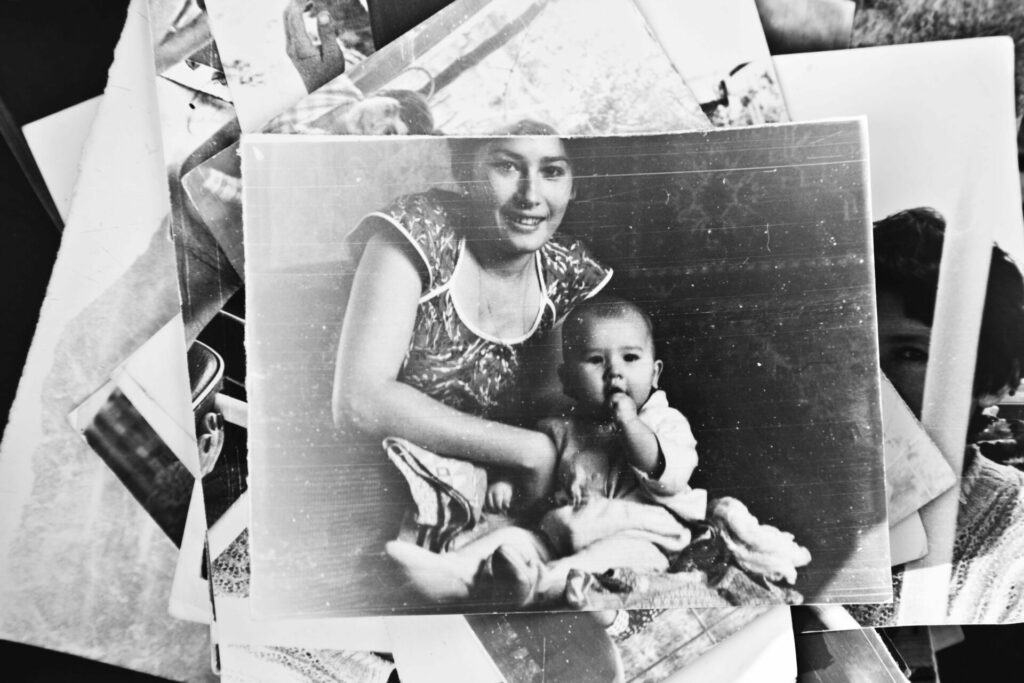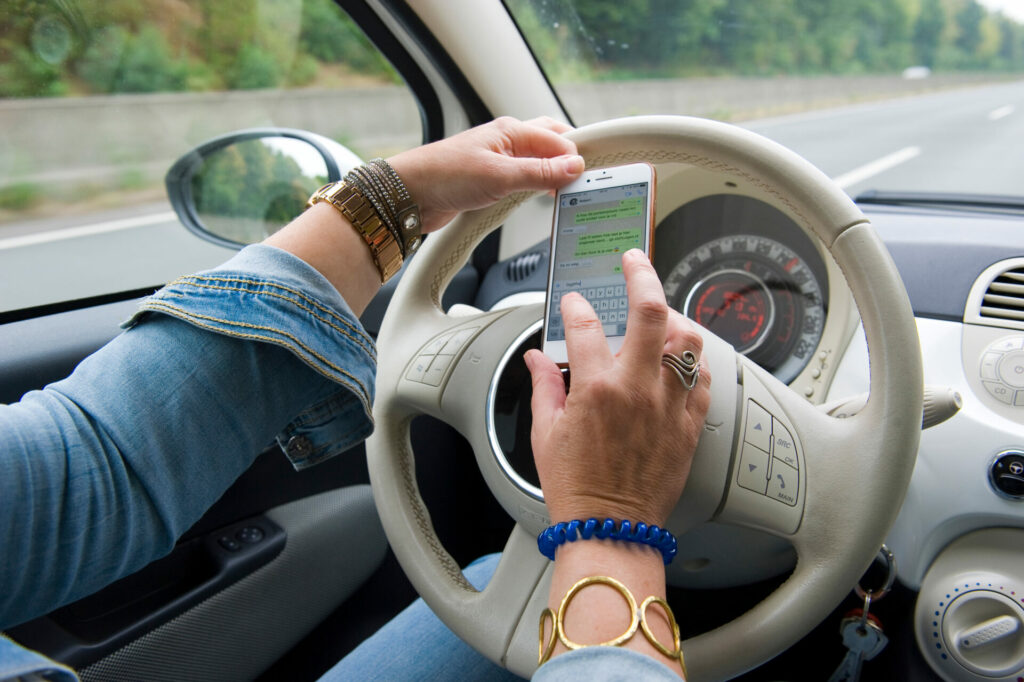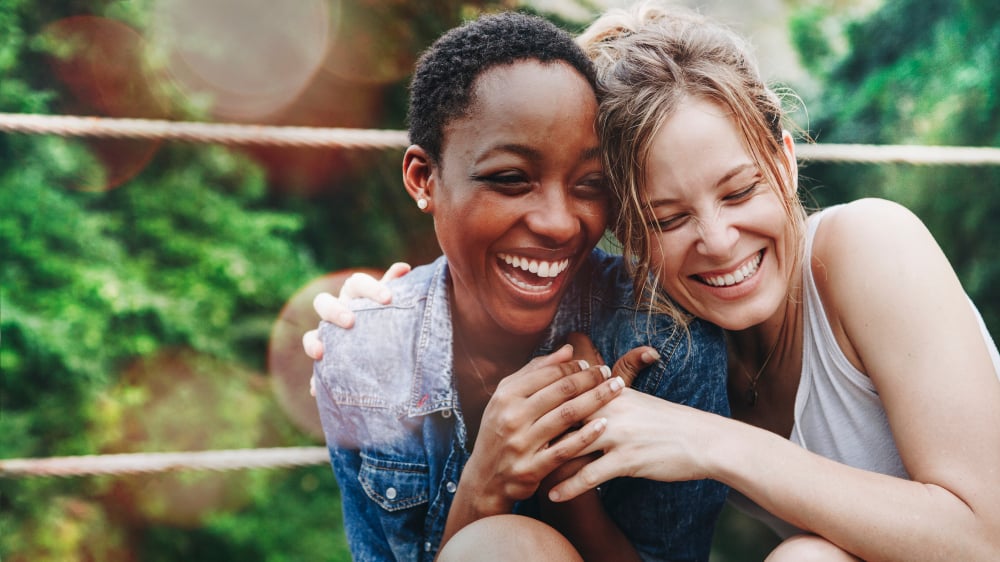With two teenagers and a housebound mother-in-law to care for, as well as a home to run, Suzy, a teaching assistant, is busy 24/7. But she never shies away from helping, praising, complimenting and including people, whether she knows them or not.
‘The way I see it, it doesn’t often cost me anything,’ says Suzy, 38. ‘It usually doesn’t take much time. Yet it makes everyone feel so much better. It’s a win-win situation. You’ve been kind to someone else, and you both end up feeling really good. What’s not to like?’
Suzy’s right. Kindness is a tonic, yet in a world where we rush for trains and planes, work long hours, have huge to-do lists and focus through each day, we often think we don’t have much energy or time left over to perform an act of kindness.
Kindness Day
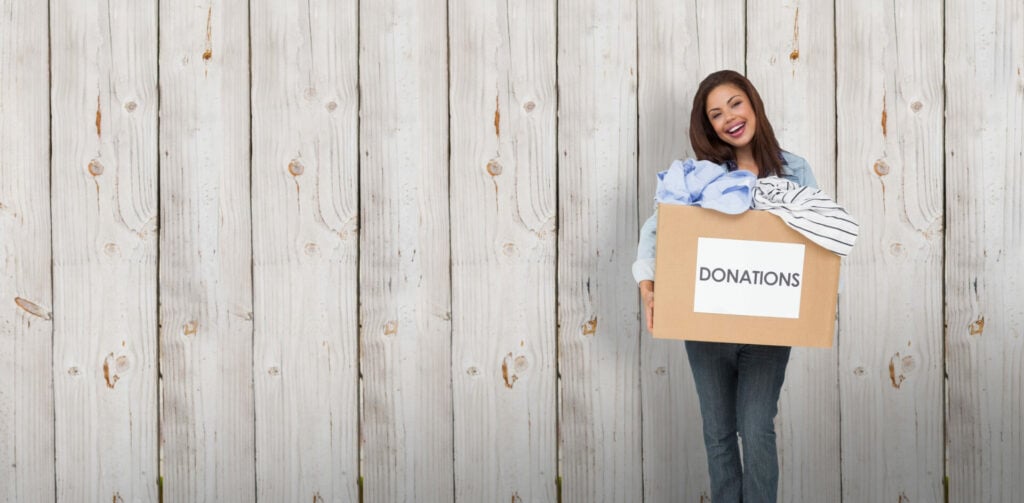
But it’s such an important quality there’s now a day and a week in its honour. National Random Acts of Kindness Day is on February 17 each year and it’s celebrated by individuals, groups and organisations to encourage acts of kindness, whether that’s picking up some shopping for an elderly neighbour, drafting a CV for someone whose writing skills aren’t as strong as yours, dropping off groceries at a food bank or donating clothes, or helping your little sister choose a dress for her prom. The day, which first started in New Zealand, falls right in the middle of Random Acts of Kindness Week which runs from February 14 to February 20 annually.
So what is kindness? Is it about searching for a worthy cause and throwing lots of time or money at it, so we can tick it off our list and be smug? Not so, say experts. It’s an ongoing trait that serves us just as well as it serves others.
‘We all have it within us to be kind but often have too much to think about. Our inner chatter, impatience, anger, frustration, negativity and stress can obscure our kindness and we can forget to be kind’
Life coach Amanda Davies, who runs Pinnacle Life Coaching in Dubai, explains: ‘Kindness is being nice to others. It’s compassion, generosity, benevolence, being friendly and considerate in what we do and what we say. It’s something that is said or an act that is carried out that doesn’t need anything in return.
‘We were taught or reminded to be kind as children but even though it’s within us, it can become obscured by having too much to think about. Our inner chatter, impatience, anger, frustration, negativity and stress can obscure our kindness and we can forget to be kind.
‘But it can be in the tiniest of acts, like helping someone who’s dropped the contents of their bag all over the floor, opening a door for someone, especially if their hands are full, and letting someone go first in a queue.
‘In Dubai, people pay for water or food for gardeners and labourers in the checkout queue. They’re being kind to those with the least money, who are far away from their families.’
But one size doesn’t fit all. Gill Hasson, author of Kindness (Capstone), explains there are different types of kindness.
‘You’re being kind when you encourage people, and when you call someone and wish them good luck for their driving test, a job interview or an examination,’ she says.
‘If you know someone needs some information, it’s kind to send them a website link. If you spot someone standing alone at a party and you make an effort to include them, that’s kind.
‘You might come across someone who doesn’t think, move or act as quickly as you, or is vulnerable. By being patient with them and giving them the chance to get their words out, for example, you’re being kind. Really listening to people carefully is a kindness.
‘Kindness is a good thing for society. It makes you feel good. It takes you out of yourself and changes the focus’
‘It might be a case of dropping off some paperwork for a relative who’s busy with work, or looking after a baby so his mother can get to a hospital appointment.
‘Then there’s kindness when we’re generous with our money – when we buy gifts to say thank you or to cheer someone up, or when we help someone who’s struggling financially. Just buying a drink for someone behind us in a coffee shop queue is kind.
‘Kindness is such a good thing for society. It makes you feel good. It takes you out of yourself and changes the focus.’
‘Showing kindness raises our self-esteem and self-worth, makes us happy, empowered and more empathetic. It’s self-perpetuating. The happier we are, the less likely we are to slide into depression’
And there’s real science behind that warm, fuzzy feeling we get when we’ve just shown a little kindness. In his book Social Intelligence: The New Science of Human Relationships, author Daniel Goleman says that when we focus on ourselves, our world contracts as our problems loom large. But when we focus on others, our own problems drift to the periphery of our minds.
‘We can end up being too kind and becoming people pleasers. There is a danger of being treated as a doormat by people who don’t appreciate our kindness’
Amanda explains: ‘Being kind increases serotonin, a neurotransmitter in the brain which plays a key role in our mood, and dopamine, the feelgood hormone. By increasing endorphins, it reduces pain. It’s good for the heart and makes us feel energetic. Kindness decreases cortisol and reduces anxiety and stress.
‘Showing kindness raises our self-esteem and self-worth, makes us happy, empowered and more empathetic. It’s self-perpetuating. The happier we are, the less likely we are to slide into depression.’

This was confirmed when Dr Martin Seligman and a research team from University of Pennsylvania in the US looked at the effects of writing a thank you letter and personally delivering it to someone who had never been properly thanked for their kindness. Not only were the writers immediately happier, but their happiness lasted for a month afterwards.
The Ripple Effect
And the benefits are two-fold. Kindness has a ripple effect. But there is just one word of warning! ‘We can end up being too kind and becoming people pleasers,’ says Amanda. ‘There is a danger of being treated as a doormat by people who don’t appreciate our kindness. They take advantage of us and our time because we don’t ever want to say no.
‘This can have the opposite effect of showing kindness, paradoxically. Our stress levels rise. We become unhappy, angry and disappointed. Toxic emotions can lead to anxiety and depression.’
Gill has advice about our expectations. ‘If you go looking for people to help, and start putting other people’s needs above your own, you’ll end up exhausted, stressed and resentful,’ she says. ‘You could end up struggling mentally and getting into difficulty yourself. Have no expectation of a reward and don’t use kindness to get you validation or approval.’
So, with that in mind, how can we incorporate some kindness into our lives?
Surprise, Surprise!
Do a chore for someone that you don’t normally do, suggests Gill. ‘If your partner deals with the recycling or walks the dog, every now and then do it for them,’ she says. ‘If someone in your office always gets the coffees, you could get them one day. It’s such a nice surprise when someone helps you, without being asked, and it leaves such a lovely feeling among you.’
Remember Your Manners
Smile, say hello, ask how people are and say thank you, says Amanda. ‘At work, in the park, out shopping…smiling has an amazing effect on our mental wellbeing and is contagious,’ she says. ‘It will make someone’s day. It might even be the only human contact they have that day and it could chip away a tiny bit of their loneliness.’
Be Inclusive
Ask people to join you at events, especially if they’re older, lonely or don’t go out much, suggests Gill. ‘If you hear of a beach clean up, an exhibition, a film or a concert, invite a neighbour or a relative along for a change,’ she says. ‘If you know the elderly man in your apartment block loves growing his own fruit and veg on his balcony, take him a packet of seeds, or ask him to go to a farm shop with you.’
Connect
Call or message someone you haven’t seen or heard from for a while, advises Amanda. ‘Express gratitude, compliment them and tell them how happy you are talking to them,’ she says. ‘Staying connected and making someone feel noticed will make them feel worthy and boost their happiness, just because they know you thought about them.’
Save The Planet
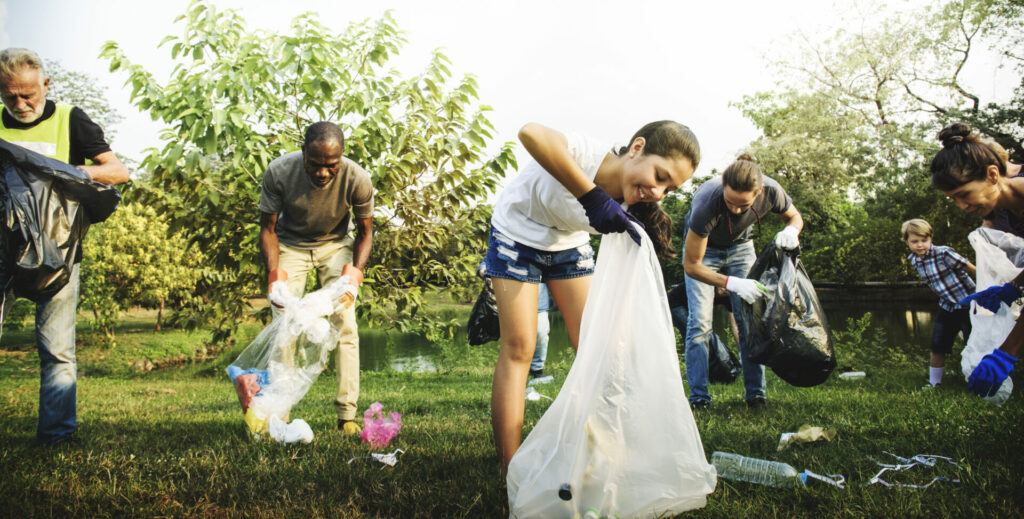
Be kind to the planet as well as others. It’s easy to make small tweaks to your everyday life that make a huge impact on others and helps tackle the climate crisis – and it will make a huge difference to future generations.
Splash Out
If you spot something you know someone will like, or something that will make their lives easier, buy it for them if you can, recommends Gill.
‘They might have told you they struggle to sleep and then you see a natural sleep remedy in the shops,’ she says. ‘If you can buy it for them, they will be so grateful – because you thought of them.’
Save Lives
Sometimes we can be kind without even knowing who will benefit, says Gill. ‘Donate blood – it’s a lifeline for people needing long-term treatments and in emergencies,’ she says. ‘And you never know when you or a loved one might need to receive some blood yourselves. This is a small gesture, but it makes such a huge difference.’







